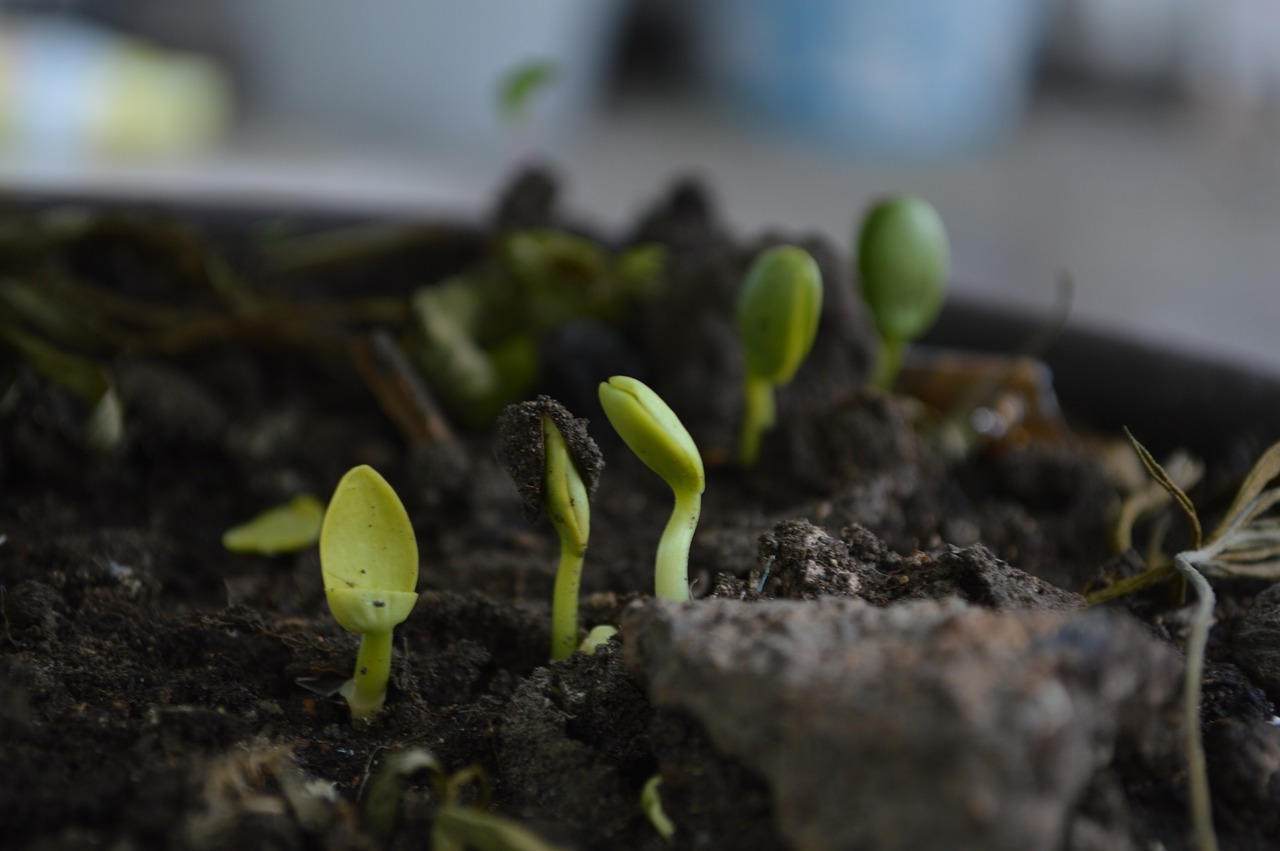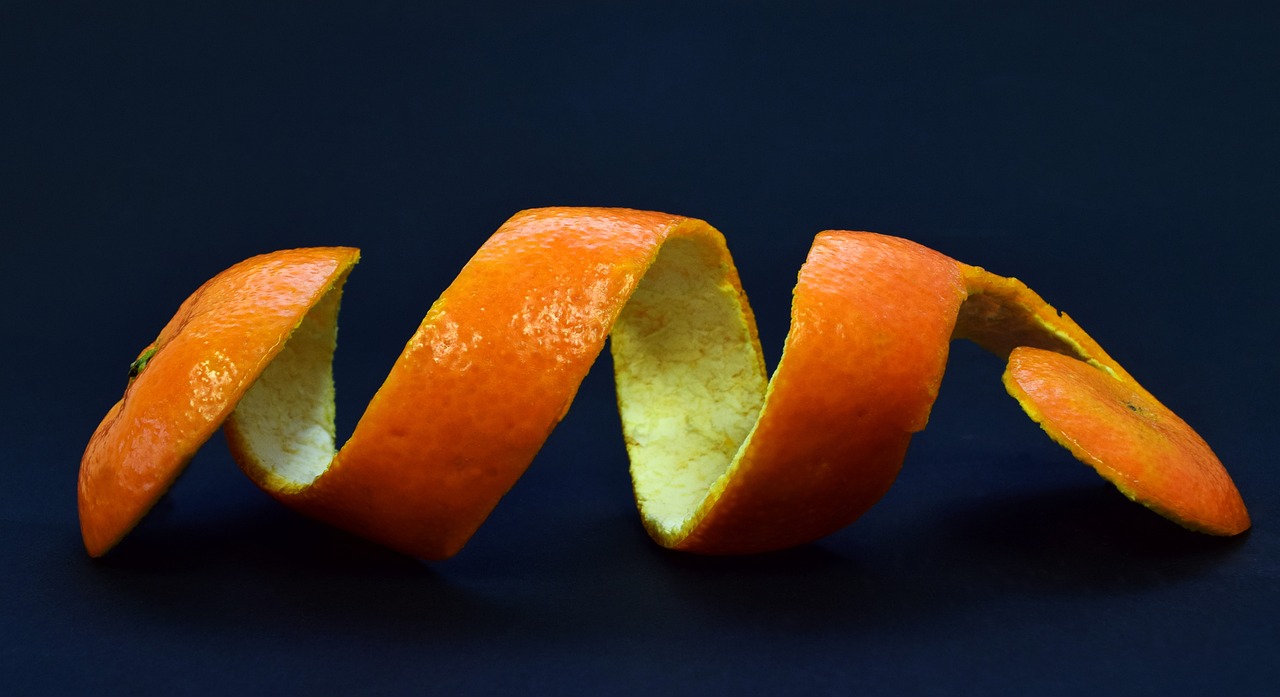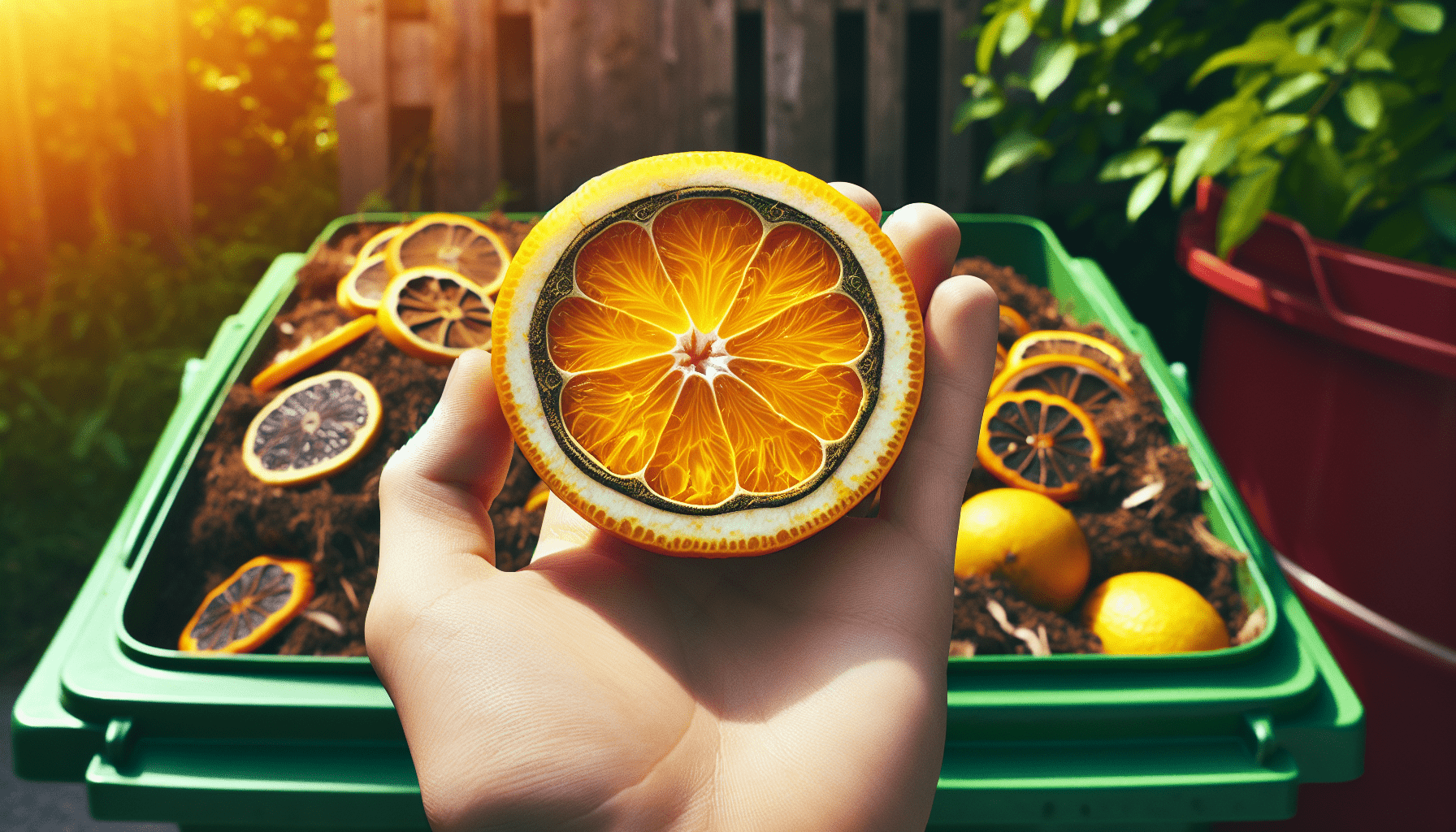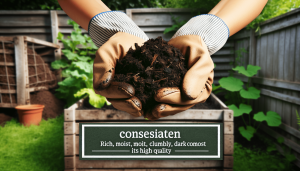In our journey towards a more sustainable lifestyle, many of us wonder about the nitty-gritty details of composting, such as whether we can compost citrus peels. Citrus peels, with their vibrant colors and strong aromas, often raise concerns about acidity and potential harm to composting microbes. In this article, we’ll delve into the composting process and address the common misconceptions surrounding citrus peels. We’ll explore their impact on the compost pile and share some helpful tips to ensure our compost thrives, all while keeping our eco-friendly goals in mind. Join us as we uncover the truth about composting citrus peels and how we can make the most out of our kitchen scraps. Have you ever found yourself staring at a pile of citrus peels and wondered if they belong in your compost bin? It’s a question that many of us have, especially when we’re staring at a small mountain of peels after making fresh juice or cooking a citrusy dish. Composting can cause its own unique set of challenges, and citrus peels seem to be one of those controversial items. So, can we compost citrus peels?
Understanding What Citrus Peels Are
Citrus peels come from fruits like oranges, lemons, limes, and grapefruits. They are rich in essential oils and natural acids, which give them their distinct smell and taste. But these same properties can make us hesitant to add them to our compost.
Components of Citrus Peels
Citrus peels contain various components that can affect their compostability:
- Essential Oils: These provide the aromatic quality but can also deter beneficial microorganisms.
- Natural Acids: The high citric acid content can potentially harm plants if not properly decomposed.
- Fiber: This contributes to the bulk and structure.
Common Myths About Composting Citrus Peels
We’ve all heard different opinions about adding citrus peels to compost bins, ranging from enthusiastic endorsements to dire warnings. Let’s debunk some of the most common myths.
Myth #1: Citrus Peels Are Too Acidic
While it’s true that citrus peels contain citric acid, many of us assume they will make our compost overly acidic. However, the overall acidity of a well-maintained compost pile remains balanced because the acids break down during composting.
Myth #2: Citrus Peels Kill Worms
Another related myth is the idea that the acid and essential oils in citrus peels will kill worms in a worm composting system. While it’s important to use citrus peels in moderation, it’s not necessarily true that they will harm your composting worms.
Myth #3: Citrus Peels Take Forever to Decompose
Some say citrus peels take a long time to break down. While they may decompose slower than other compost items like vegetable scraps, they will eventually break down, especially when properly managed.

Should We Compost Citrus Peels?
The short answer? Yes, we can compost citrus peels! But like with any compostable material, there are some best practices to follow to ensure they break down efficiently and don’t cause any issues.
Steps for Composting Citrus Peels
Step 1: Cut the Peels
Cutting the citrus peels into smaller pieces increases their surface area, helping them decompose more quickly. Use kitchen scissors or a sharp knife to make the pieces as small as possible.
Step 2: Mix with Other Materials
Mix citrus peels with a variety of other compostable materials to ensure a balanced composition. Use a mix of “green” nitrogen-rich materials (like fruit and vegetable scraps) and “brown” carbon-rich materials (like dry leaves and paper).
Step 3: Maintain the Right Balance
To ensure your compost pile stays balanced, aim for a 4:1 ratio of brown materials to green materials. Citrus peels count as green materials, so make sure to balance them out with enough browns.
Step 4: Aerate the Compost
Turning or aerating your compost pile helps keep the decomposition process active. Regularly stirring the compost helps distribute the citrus peels and ensures they break down properly.
Step 5: Monitor for Moisture
Too much moisture can deter the decomposition of citrus peels. Ensure your compost pile stays damp but not waterlogged. If it seems too wet, add more brown materials to soak up the excess moisture.

Benefits of Composting Citrus Peels
Citrus peels bring several benefits to your compost pile that make them a valuable addition.
Nutrient-Rich Additives
Citrus peels are packed with vitamins, minerals, and organic compounds that enrich your compost and, by extension, benefit your garden soil.
Pest Repellent Properties
The natural oils found in citrus peels can actually help to repel certain pests from your compost pile, making it less attractive to unwanted visitors.
Potential Downsides and How to Mitigate Them
While there are numerous benefits, there are also potential downsides to composting citrus peels. Here’s how we can mitigate them to optimize our composting process.
Essential Oils
The essential oils in citrus peels can potentially harm beneficial bacteria and insects in your compost. To mitigate this, compost citrus peels in smaller quantities and mix them thoroughly with other compost materials.
Slow Decomposition
Citrus peels may take longer to decompose. To speed up the process, cut them into small pieces and ensure they are well-aerated within the compost pile.

Practical Uses for Citrus Peels in Compost
There are also different practical applications we can explore to get the most out of composting citrus peels.
Enhancing Acid-Loving Plants
Citrus peels decomposed in compost can enrich soil that acid-loving plants like blueberries, azaleas, or rhododendrons flourish in. The citric acid breaks down and slowly releases nutrients suited to these plants.
Creating Citrus-Based Compost Tea
Another practical use is creating a nutrient-rich “compost tea,” specifically by steeping compost rich in citrus peels. This liquid fertilizer can be used to water plants, giving them a nutrient boost.
Common Questions About Composting Citrus Peels
There are a few other questions that commonly arise when discussing composting citrus peels. Let’s address them here to provide a clear perspective.
How Long Do Citrus Peels Take to Compost?
Depending on factors like temperature, moisture, and compost pile management, citrus peels can take anywhere from a few months to a year to fully break down. Cutting them into small pieces and maintaining an optimal compost environment can shorten this period.
Can Citrus Peels Be Added Directly to Soil?
It’s generally not advisable to add citrus peels directly to the soil because they can take a long time to decompose and may inhibit plant growth. Composting them first ensures they break down and contribute nutrients to the soil.
Are Moldy Citrus Peels Composable?
Yes, moldy citrus peels can still be added to your compost pile. Mold is a natural part of the decomposition process and will not negatively affect the overall compost.
Do Citrus Peels Attract Pests?
Composting citrus peels in a well-maintained, balanced compost pile should not attract pests. Citrus peels can actually help repel pests, especially when mixed thoroughly with other compost materials.
Can Citrus Peels Affect the Compost’s pH?
While citrus peels are acidic, their impact on the overall pH of a well-balanced compost pile is minimal. The composting process neutralizes much of the acidity, resulting in compost that is beneficial to most plants.

Tips for Successful Composting
Keep Compost Pile Moist
Ensure your compost pile remains moist but not soggy. This aids in the breakdown of citrus peels. If the pile appears dry, add water or green materials; if too wet, add brown materials like dried leaves or cardboard.
Balance Greens and Browns
Maintaining an appropriate balance between green and brown materials is essential. Citrus peels are greens, so balance them with browns to ensure the composting process is efficient.
Turn the Pile Regularly
Turn or aerate your compost pile regularly to ensure all materials, including citrus peels, break down evenly and efficiently.
Avoid Overloading
Avoid adding too many citrus peels at once. Instead, add them in smaller amounts over time to maintain a balanced compost environment.
Monitor Pile Temperature
A hot compost pile breaks down materials faster than a cold one. Monitor the temperature to ensure it remains at an optimal level for decomposition.
Conclusion
Citrus peels are indeed compostable and bring a variety of benefits to your compost pile. Understanding how to properly manage and balance their contribution with other materials is key to a successful composting experience. By cutting the peels, mixing them with other compostable materials, and maintaining proper aeration and moisture, we can ensure they break down efficiently. Composting citrus peels enriches our compost, repels pests, and ultimately benefits our garden. So next time you’re left with a pile of citrus peels, confidently add them to your compost bin, knowing you’re making an environmentally friendly choice.



